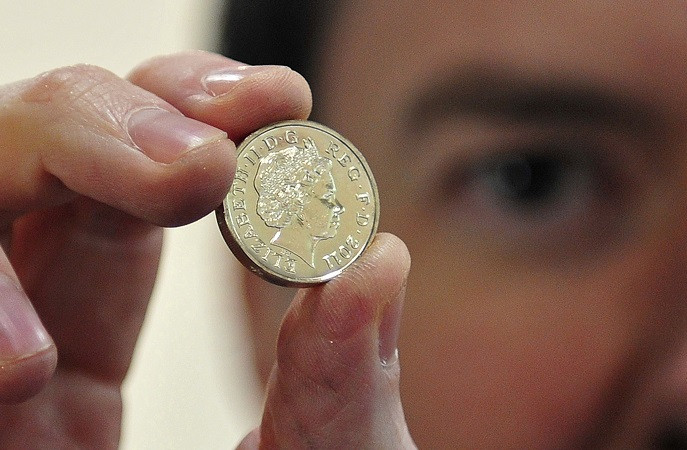How the brain can be changed to boost self-confidence
A new experiment has found a way to change people's brain activity to make them feel more confident.

Scientists have found a way to manipulate people's brain activity so that it boosts their self-confidence. Their method may be used in the future to induce other positive states and behaviours.
The brain remains one of the most mysterious organs in the human body, but recent advances in neurosciences have shown that it can stay malleable until late in life. There has been a growing scientific interest in studying this remarkable plasticity and in taking advantage of it to promote behavioural changes in people.
For instance, a recent research published in Nature Human Behaviour had shown that it was possible to unconsciously erase fear memories by manipulating and reprogramming the brain to overcome fear.
In the new study, published in Nature Communications, scientists focused on confidence, because they view it as a very important quality to succeed both personally and professionally.
There has been evidence that a lack of confidence can have a negative effect on people's mental health and that it may worsen the symptoms of those who suffer from illnesses like depression. The research's aim was to see whether confidence levels could be increased by experimenting with the brain's plasticity.
Training the brain
The scientists, from the Advanced Telecommunications Research Institute, designed an experiment to identify the brain activity linked to confidence and to amplify it. Their technique is known as "Decoded Neurofeedback".
It involves scanning the brain of 17 participants to detect and monitor specific complex patterns of activity linked to confidence – which appeared when the participants reported being in a high-confidence state. This took place as they performed a simple perceptual task.

Each time the signs of high confidence were detected on the signs, the scientists gave participants a small monetary reward. This had the effect of boosting participants confidence without them being aware of it and even though they did not perform better at the perceptual task.
"Crucially, in this study confidence was measured quantitatively via rigorous psychophysics, making sure the effects were not just a change of mood or simple reporting strategy. Such changes in confidence took place even though the participants performed the relevant task at the same performance level", says senior author Dr Hakwan Lau, who is an associate psychology professor at UCLA.
Even more interesting perhaps, this newly-found confidence remained for some time. At the end of the training, when participants were asked to rate their levels of confidence, they consistently reported feeling more confident than at the start.
© Copyright IBTimes 2025. All rights reserved.






















